Scranton, Pennsylvania isn’t exactly a well-known city. Outside of being the birthplace of Vice President Joe Biden, there isn’t much fame for The Electric City to claim… with the exception of one thing: it is the setting for NBC’s The Office. The Office, arguably one of the most influential television shows since Seinfeld, was one of the first television shows to accurately depict the average, somewhat mundane life of the middle class white-collar everyman. In the spring of next year, The Office will complete its ninth and final season.
Initially a British television series created by Ricky Gervais and Stephen Merchant, the U.S. version of the show came stateside to NBC in 2005. The American version debuted with an all-new cast, starring – at the time – a little known actor, Steve Carell. The premise of the show was based on the idea of a documentary crew filming average office workers and interviewing them about their experiences. The Office has been credited by many as one of the first “mockumentaries” on television.
Carell played Michael Scott, the bumbling yet likable regional manager of the small Scranton branch of Dunder Mifflin, a fictional paper corporation. The original makeup of the Scranton branch mirrored the average American office staff and depicted nearly every stereotype out there. The Office’s stereotypical portrayals included the “will-they-won’t-they” relationship of Jim Halpert and Pam Beesly (commonly referred to by hardcore fans as “Jam” or “PB&J”), over-achiever Dwight Schrute, and Ryan Howard, the branch’s new temp employee, who was often irritated by Michael’s antics.
The writers took these main characters, added several talented supporting cast members, some highly entertaining plot lines, and had a winner on their hands. It was official… American office workers finally had a show that accurately depicted their workplace.
The Office, up until the past few seasons, was consistently funny week in and week out. The show had “off” episodes on occasion, of course, but what show doesn’t? For the most part, though, every Thursday night The Office provided laughs like no other show on television. I could count on the show every week, and it rarely disappointed.
Not only did The Office provide a source of humor and entertainment for its viewers, many viewers also grew to genuinely care about the characters and the events in their lives. They wanted to see Jim and Pam develop their relationship from casual glances, to dating, to marriage, and then ultimately the birth of their children, and they did. They wanted to see Michael finally find someone to settle down with, someone who could match his goofy antics, and they did. So, you say, the loyal viewers of The Office have gotten everything they’ve asked of the show and it seems like the show has run its course. Well then, shouldn’t the show’s creators have ended it once the main conflicts had been resolved? Isn’t the show just overstaying its welcome now? You bet.
In season seven, Steve Carell left the show to pursue other acting ventures. The show is now in its ninth and final season, and the entire tone has changed. The plot lines are ridiculously outlandish, the dialogue isn’t nearly as sharp or believable, and each character is a caricature of their former self. It’s an entirely new show, and that’s not a compliment to the writers by any stretch.
When Carell left the show, I was disappointed, although I was sure the cast and writers would continue to stand by the high standards of comedy it had stood by for all those years. Sadly, this was not the case. I hung around until the middle of season eight, and then I bailed. The show was simply not funny anymore.
What killed America’s favorite “mockumentary”? While The Office is still NBC’s breadwinner, pulling in almost $179,000 for a 30-second commercial spot (according to an Advertising Age survey in 2011), it has severely decreased in overall quality. Quite frankly, it’s saddening. I attempted to watch an episode early on this season, and I switched it off halfway through. The comic punchlines were too fixated on slapstick rather than the smart, miss-it-if-you-blink humor that the old Office offered. The art of subtlety is a dying one, folks.
It’s unbearable to watch a show that I once loved so dearly die so miserably. In the spring, The Office will finally shut the door on what has been seven seasons of laughter and two seasons of utter confusion and foolishness. For me, The Office ended in season seven when Michael left Scranton to start the life he had always wanted.
Farewell to The Office and farewell to Dunder Mifflin… “the people person’s paper people.”



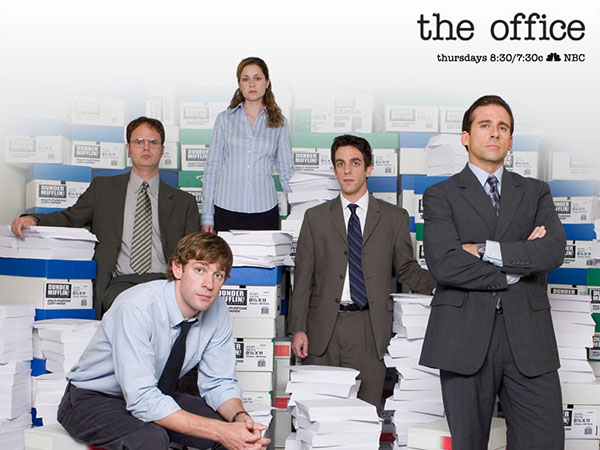
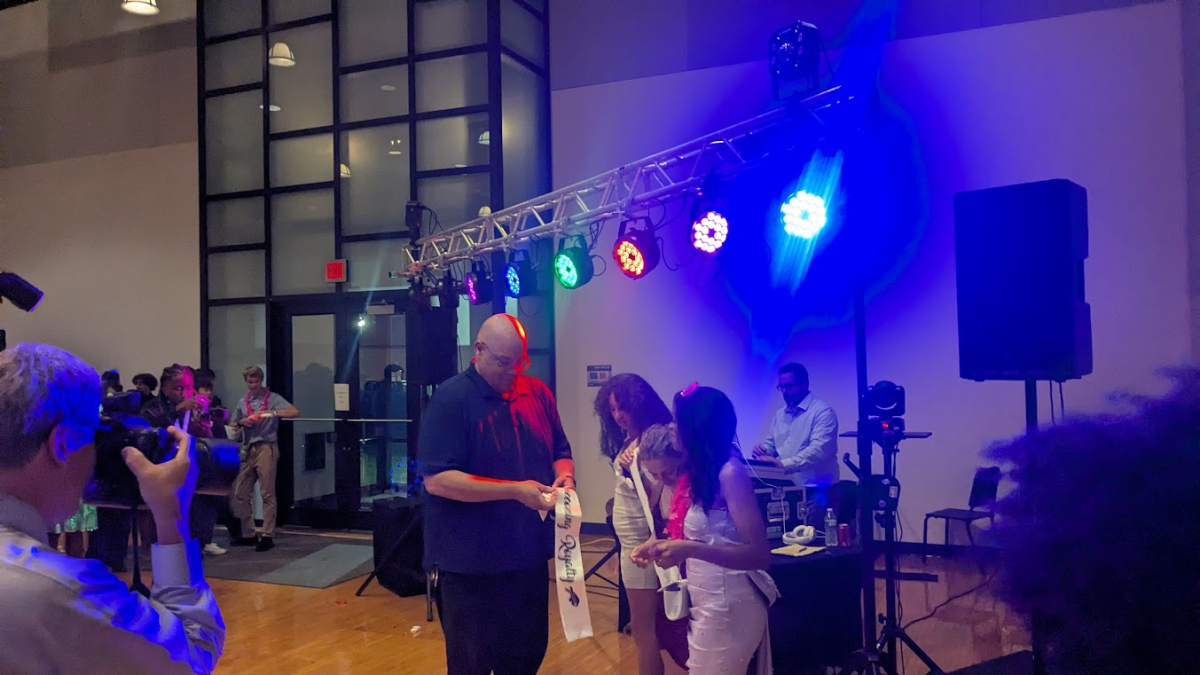
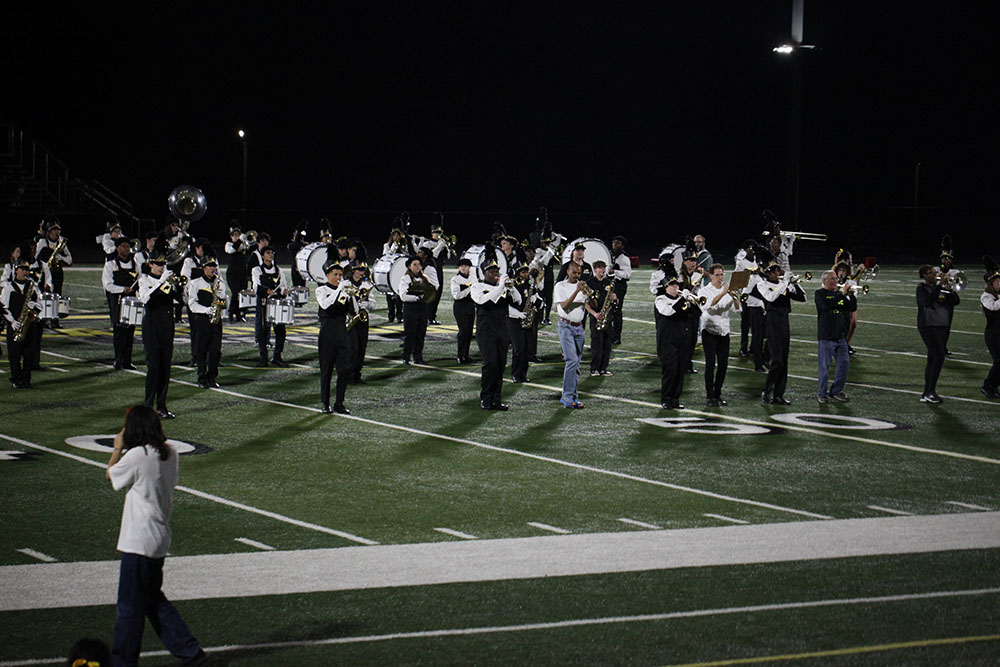

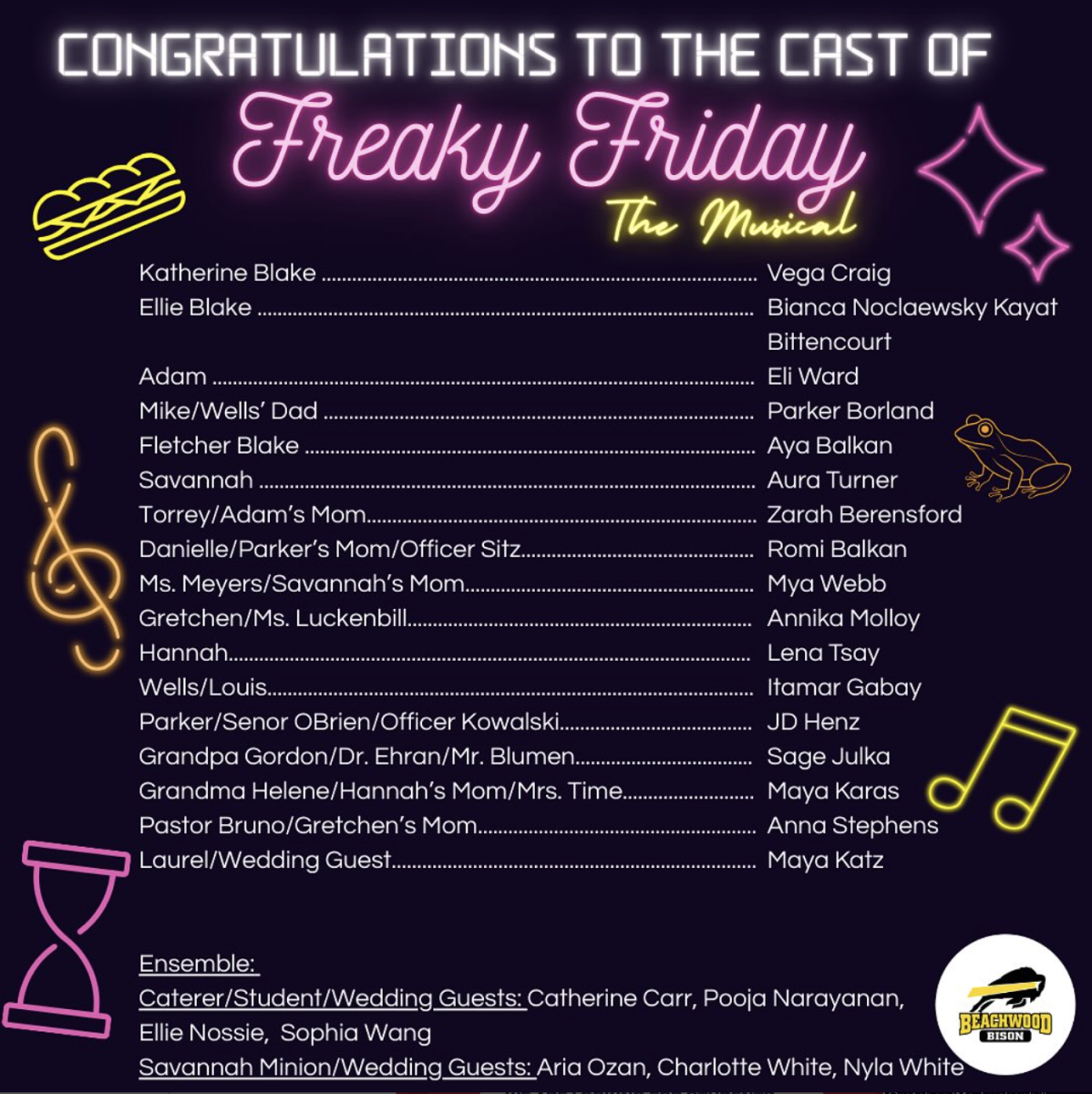

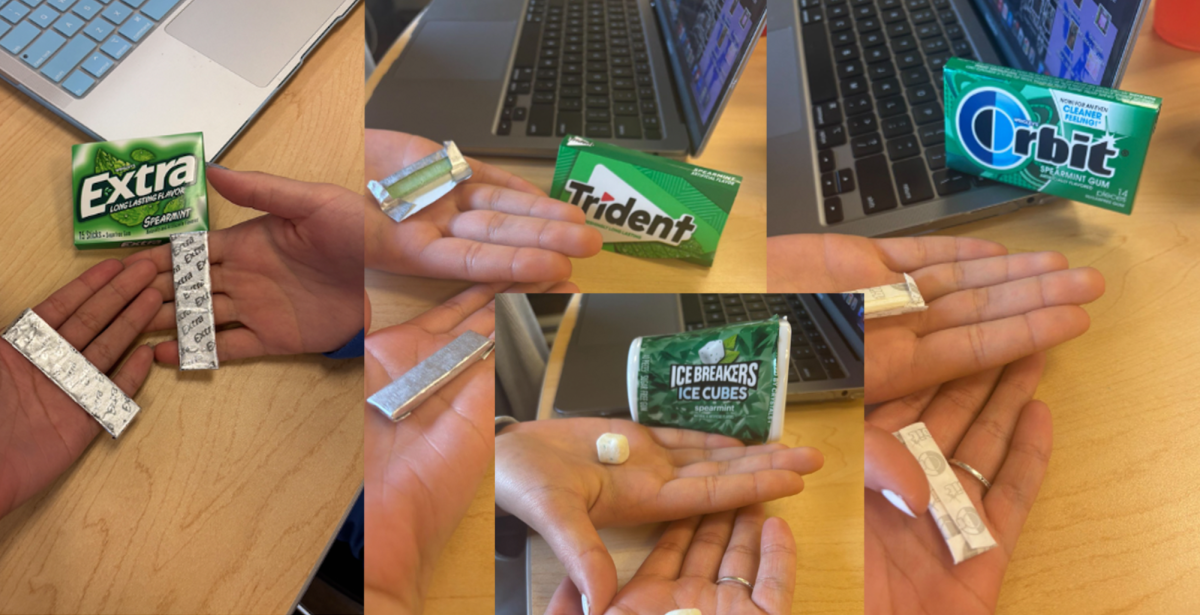
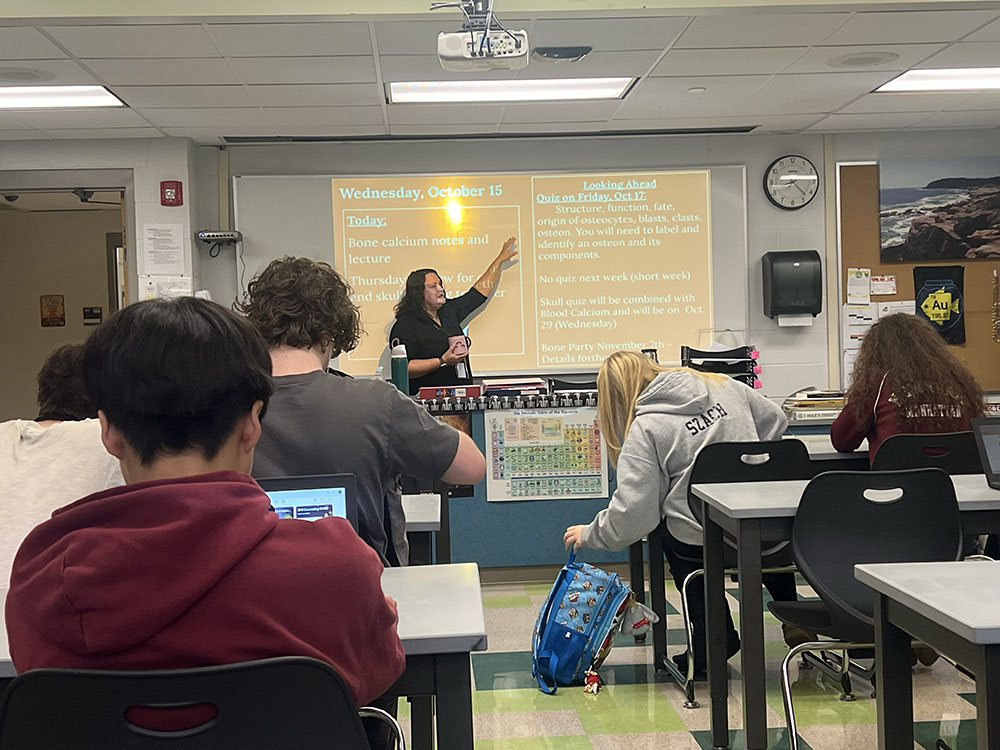
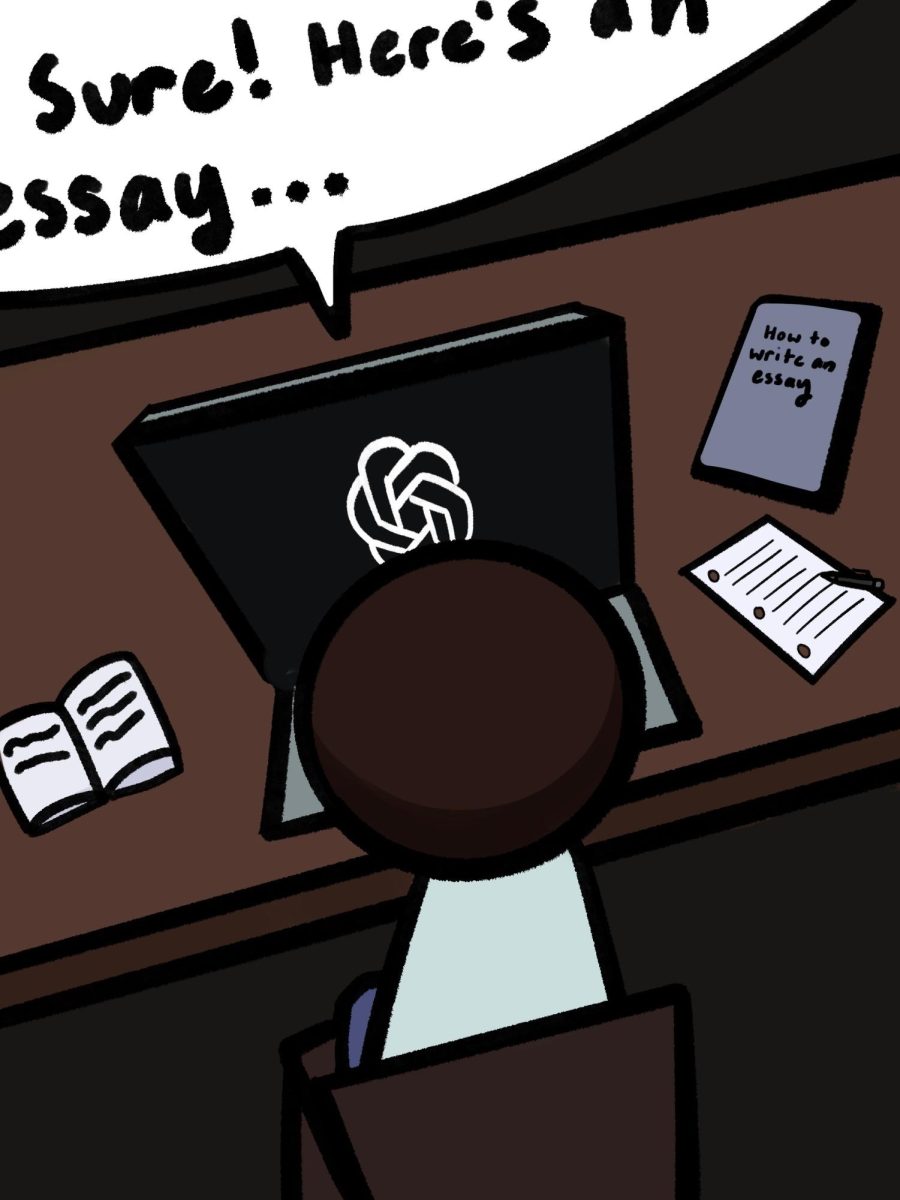

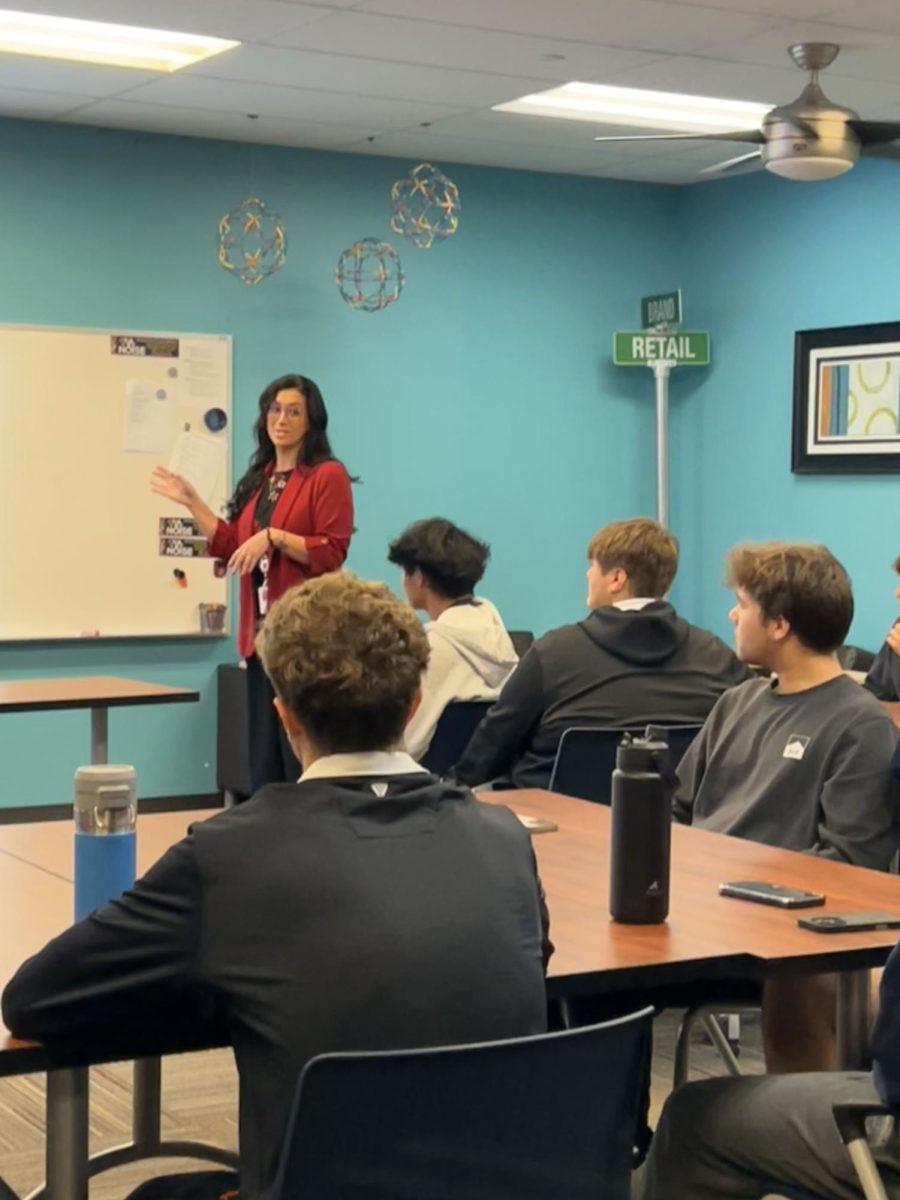

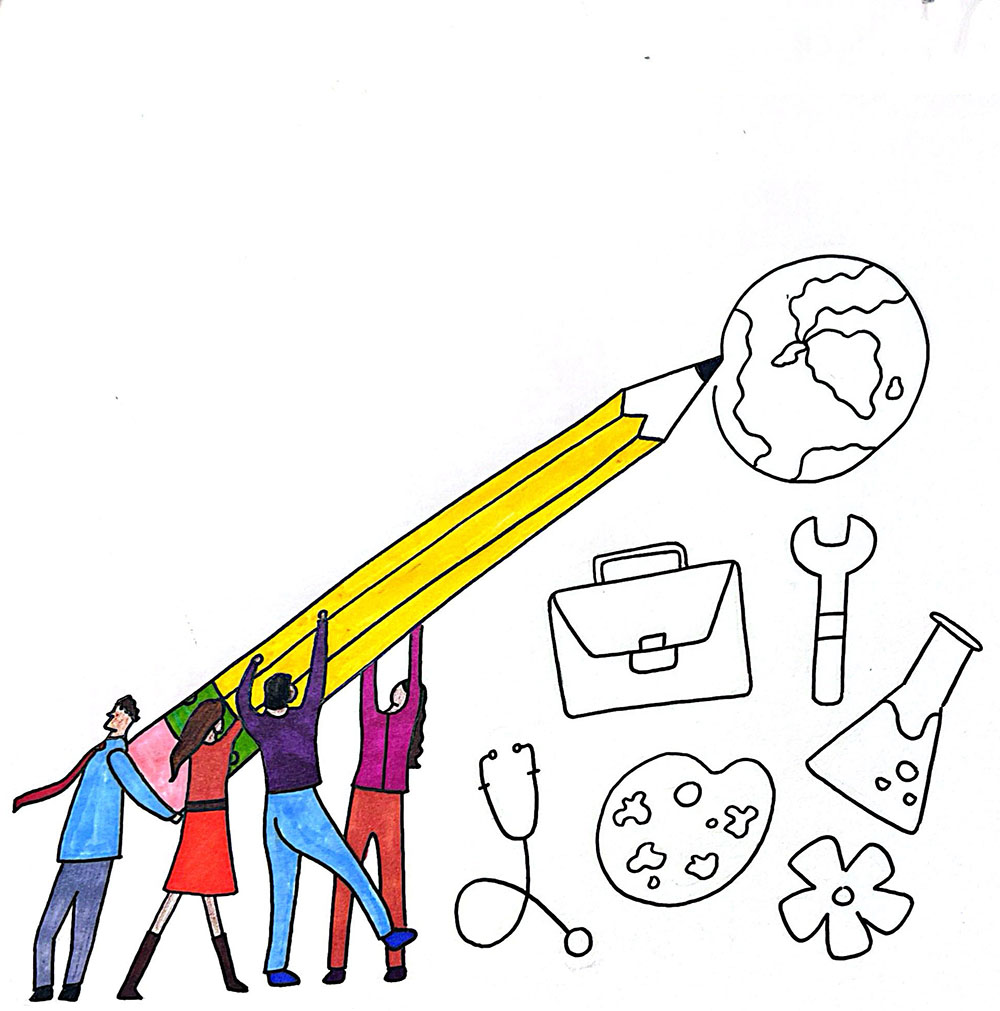
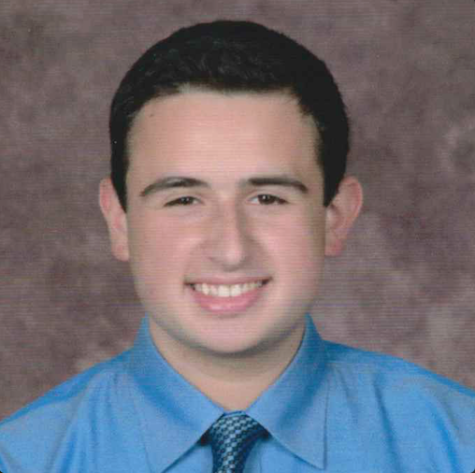
Satisfied customer • Dec 18, 2016 at 9:08 PM
Good article!